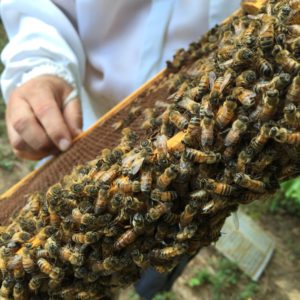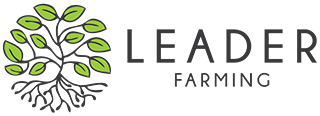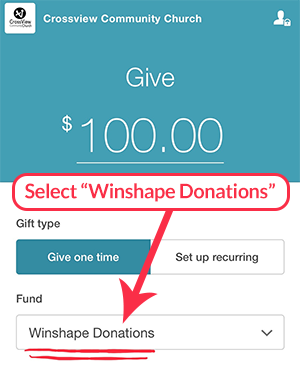As a business owner with over 80 team members, I find myself wearing many hats. Three of the hats I wear are that of a mentor, counselor, and coach. I consider it a great privilege to have influence in the lives of others and help them navigate life’s journey. Inevitably, every single week some of my team members ask to meet with me at the Starbucks next door to our restaurant. Maybe it’s because I buy them coffee, but I like to think it’s because I’m a good mentor, counselor and coach. If we end up meeting on a regular basis, I often explain the difference between a mentor, counselor and coach so that they know what role I’m playing in their life. I tell them that a mentor is someone that is an expert in a field, he/she has mastered a particular skill or life experience and can offer advice to an apprentice or mentee. This advice can be in the form or “how to” or “how not to” based on their own experience. A counselor is very different from a mentor. A counselor listens and offers solutions based on an authoritative source. Obviously biblical counselors use the Bible as their authoritative source, while secular counselors use psychology and other counseling techniques. Finally, a coach is someone who listens and ask great questions to help someone solve their own problems. A true coach believes that the answer is already in the person, however, they just need accountability and powerful questions to help break through the barriers and road blocks that are preventing them from accomplishing results. A pure coach never offers advice or counseling without permission. In my relationship with most of my team members, I may switch hats multiple times in a conversation, based on their needs. However, if a topic arises that is beyond my expertise or experience, I will help them find a mentor in that area. If an emotional wound surfaces that requires intensive counseling, I will direct them to a full-time counselor. I believe all three hats/roles are important to have in our lives as leaders or future leaders. I personally have a coach, several mentors and at times I have a counselor. This past Friday afternoon, I spent some time with one of my mentors, Steve Hayes, my bee mentor. It was time to harvest the honey from my hive and I had no idea where to start. Steve could tell I was nervous, but he graciously explained everything he was doing and involved me in the process. He told me that his goal is to get me on my own, but he will always be there for me if I have questions. Having a mentor can be the key to overcoming our fears of learning something new, especially when it involves the possibility of getting stung by thousands of bees. When I decided that I wanted to start bee keeping, I sought out a mentor and established a relationship. When I have questions about my Chick-fil-A business, I reach out to fellow operators with more tenure.  Finding a mentor starts with humility and the willingness to admit that you are not the best at everything. Next, you must find the courage to ask someone to help. I think you will be pleasantly surprised at how many people are willing to share their knowledge and experience. As for bee keeping, I still have a lot to learn, but my confidence continues to grow because of my relationship with my mentor.
Finding a mentor starts with humility and the willingness to admit that you are not the best at everything. Next, you must find the courage to ask someone to help. I think you will be pleasantly surprised at how many people are willing to share their knowledge and experience. As for bee keeping, I still have a lot to learn, but my confidence continues to grow because of my relationship with my mentor.






